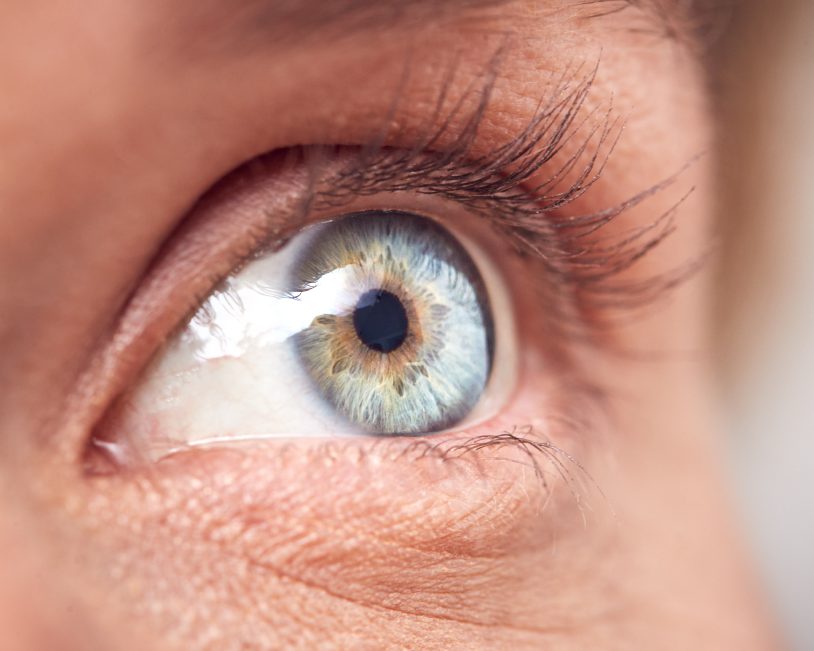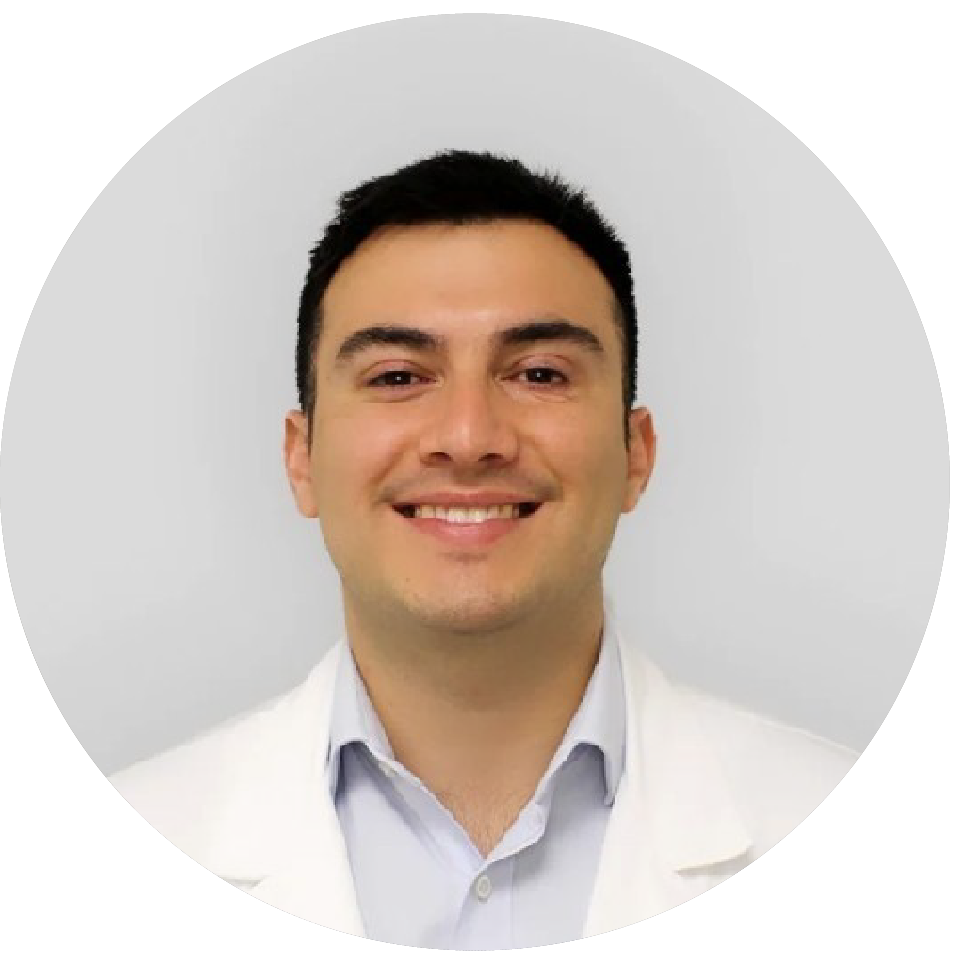THE VALUE OF GÕOD EYESIGHT
REFRACTIVE SURGERY
Refractive surgery is the set of surgical techniques designed to eliminate or minimize ocular refractive errors. These refractive problems include myopia, hyperopia, astigmatism, and presbyopia. Refractive surgery procedures include laser surgery (LASIK or PRK) and intraocular lenses (pseudophakic and phakic).


OPEN YOUR EYES, TAKE OFF YOUR GLASSES!

WHY HAVE EYE SURGERY AT VISIÕNCLÍNIC+?

PROVEN EXPERTISE
Our surgeons are referents and specialists in the use of all refractive surgery techniques. TheJosep Torras is deal with refractive refractive surgery for the treatment of myopia, hyperopia and astigmatism by means of laser surgery.laser surgery surgery or with theintraocular lens implantation.

STATE-OF-THE-ART TECHNOLOGY
The new surgical area at visiõnclínic is equipped with the latest advances in refractive surgery: Zeiss® Artevo® microscopes with integrated tomography and 3D visualization, the Victus B&L® femtolaser, and the TENEO™ 2 Excimer Laser. The latter allows us to correct myopia, hyperopia, astigmatism, and presbyopia (tired eyes). It also allows for a diopter correction in just 1.6 seconds, with high precision, and includes SUPRACOR™, which makes it possible to correct corneal presbyopia. The implanted intraocular lenses are from the most recognized brands: Bausch & Lomb®, Johnson & Johnson®, Alcon®, Zeiss®, PhysIOL®, STAAR®, among others.

MULTIDISCIPLINARY TEAM
At visiõnclínic, we have a team of ophthalmologists from Clínic Barcelona, who specialize not only in refractive surgery but in all areas of ophthalmology. We also work alongside a team of optometrists and specialized nurses, allowing us to offer a comprehensive approach to your eye health. In fact, being part of the Clínic, we are in direct contact with professionals from the areas of care that may be involved in your refractive surgery treatment.

LEADERS IN RESEARCH
Belonging to a university hospital such as Clinic Barcelona means we are always up-to-date on the latest developments through continuous research carried out by all visiõnclínic+ staff.. Our expert professionals in refractive surgery have published studies in the leading scientific journals in the field. Furthermore, our commitment to a translational research model enables us to transform scientific knowledge into tangible results for patients.

EVIDENCE-BASED TREATMENTS
All the treatments we offer at Visiõnclínic, and in this case, the different refractive surgery options for the treatment of myopia, hyperopia, or astigmatism, are based on published scientific evidence. The health of our patients comes first. For this reason, and to ensure their safety, we base our care on the latest medical advances available in the literature.


WHAT IS REFRACTIVE SURGERY?
Refractive surgery is a type of ophthalmic surgical procedure that corrects refractive defects caused by an alteration in the focusing of images on the retina, by intervening on the cornea or lens.
These refractive errors are primarily myopia, hyperopia, and astigmatism. To these, presbyopia should be added, to a lesser extent. Its magnitude is expressed in diopters and, in the case of astigmatism, also by an axis (expressed in degrees), which indicates its orientation. All refractive errors can be corrected using different types of interventions: laser surgery or intraocular or incessional refractive surgery.
WHAT IS REFRACTIVE SURGERY FOR?
MYOPIA

Myopia occurs when the eyeball is slightly longer than normal or when the cornea is very curved. Light rays then focus in front of the retina, causing blurred vision.
FARSIGHTEDNESS

Hyperopia occurs when the eyeball is shortened or the cornea is too flat, causing light to focus behind the retina. This causes near vision, and sometimes distance vision, to become blurred.
ASTIGMATISM

Astigmatism occurs when the cornea curves or flattens unevenly along its meridians, altering the focus of near and far vision.
PRESBYOPIA

Presbyopia is a natural process in which, over the years, the exhaustion of an internal muscle of the eye causes the lens to become unable to change its curvature and the ability to focus is lost.
FIRST VISIT AND CASE STUDY
Request an appointment without obligation. You will be assisted by one of our expert professionals who will follow your case from the beginning until after surgery.

TYPES OF REFRACTIVE SURGERY?
LASER REFRACTIVE SURGERY
Laser refractive surgery involves modifying the shape of the cornea using a laser (LASIK, FEMTO-LASIK, PRK, etc.) to correct refractive errors such as myopia, hyperopia, astigmatism, or even presbyopia.
REFRACTIVE SURGERY WITH INTRAOCULAR LENSES
DO YOU WANT TO STAY UP TO DATE ON OUR LATEST TREATMENTS, NEWS AND OFFERS?

FREQUENTLY ASKED QUESTIONS ABOUT REFRACTIVE SURGERY
What should I do to have eye surgery?
Contact us and our staff will schedule your initial appointment with the specialist. During the initial visit, the suitability of the surgery will be assessed. You will leave the appointment with a quote and possible dates.
What can I notice in the postoperative period?
Symptoms that may occur after refractive surgery include tearing, light intolerance, and stinging for the first 24 hours. Sunglasses may be worn to relieve these symptoms.
How many visits are made after the intervention?
Normalmente se realiza la primera revisión el día después de la cirugía, una semana después y al cabo de un mes. No obstante, las visitas dependerán de la necesidad de control por parte del especialista.The first checkup is usually the day after surgery, one week after, and one month after. However, the number of visits will depend on the specialist’s need for follow-up care.
Can I have myopia surgery through my insurance company?
Everything will depend on the insurance company and the type of policy, although insurance companies typically do not cover refractive surgery.
How many days do I have to go without contact lenses before an ophthalmologist visit if I want to have myopia surgery?
Around two to four days, as contact lenses can interfere with prescription.
How many days do I have to go without contact lenses before refractive surgery?
Around four days if they are soft contact lenses, and one week if they are rigid contact lenses.
Can I play sports after refractive surgery?
Avoid any activity that could cause a direct blow to the eyes, contact sports, or swimming in the pool or ocean for the first 2-3 weeks.
Can I wear makeup after refractive surgery?
Avoid applying makeup to the operated eye for at least the first 7 days.
VISIÕNBLOG

Uveitis due to viral infections: the most common and highly impactful ocular infections
Did you know that several infectious diseases can cause uveitis? Among them, three viruses stand out as the main culprits: herpes simplex, varicella zoster, and cytomegalovirus. Although little known by the general population, uveitis can be serious and significantly affect eye health if not diagnosed and treated promptly. We discussed this with Alfredo Adán, an international expert in uveitis.

Dry eye syndrome: what are the best treatments?
Dry eye is one of the most common eye diseases. Although it is chronic, fortunately, we have many therapeutic alternatives to improve the patient’s quality of life and make their symptoms disappear. Josep Torras, our ophthalmologist specialising in cornea and dry eye, details the therapeutic ladder available to achieve this.

Pars planitis, a common eye inflammation in childhood
Pars planitis is an inflammation of a specific part of the eye called the pars plana, located in the most peripheral part of the retina. With very typical clinical signs, it is common to suffer from it in childhood. About prognosis and treatment options we spoke with Dr. Alfredo Adan, specialist in uveitis at visiõnclinic+.

EXPERT PROFESSIONALS IN REFRACTIVE SURGERY

Dr. Josep Torras Sanvicens



